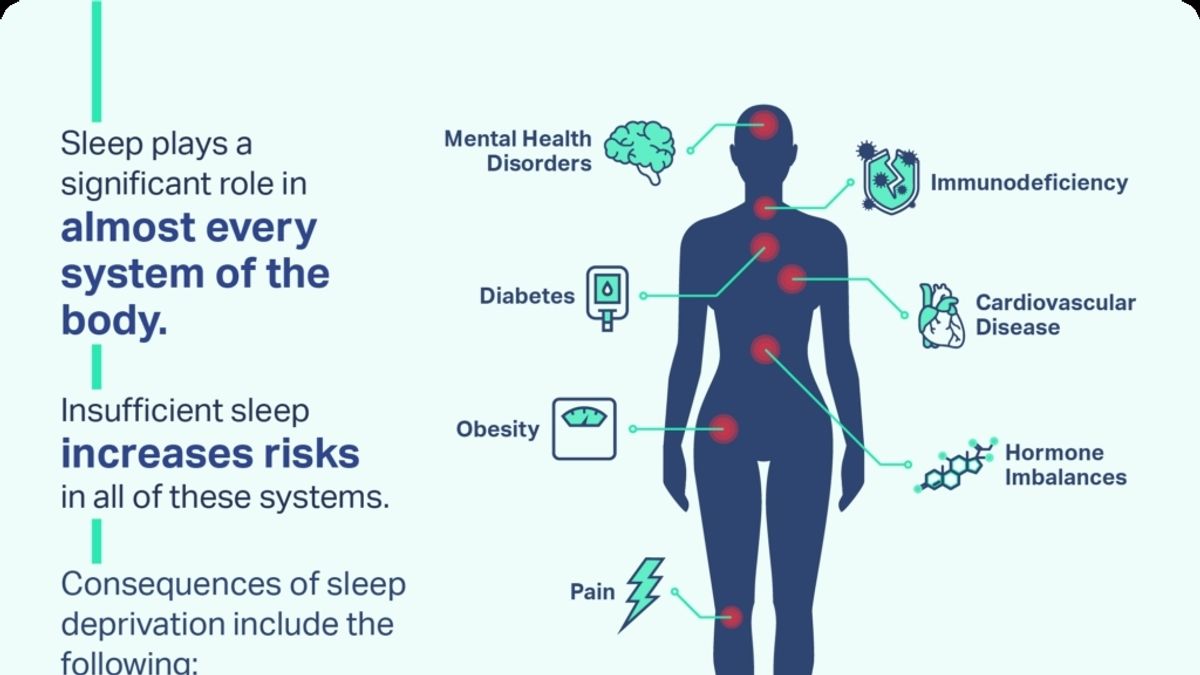
A recent study by Uppsala University in Sweden has unveiled a significant correlation between sleep deprivation and an increased likelihood of developing type 2 diabetes, even among individuals adhering to healthy eating patterns. Utilizing data from the extensive UK Biobank, the research highlights that adults who get only three to five hours of sleep nightly are at a heightened risk for diabetes. Those sleeping fewer than six hours were found to have a 16% increased risk compared to individuals who slept more than seven hours, underscoring the critical role of sleep in maintaining metabolic health.
Unraveling the Sleep-Diabetes Connection
The study meticulously analyzed the sleep patterns of nearly a quarter-million UK adults, revealing that even those with nutritious diets are not immune to the adverse metabolic effects of insufficient sleep. Particularly alarming was the finding that individuals sleeping between three and four hours per night faced a 41% higher diabetes risk. This research underscores sleep’s integral role in regulating metabolic processes, suggesting that even the healthiest eating habits cannot fully mitigate the risks posed by sleep deprivation.
Implications for Public Health
This groundbreaking study serves as a crucial reminder of the complex interplay between diet, sleep, and metabolic health. It calls for a reevaluation of lifestyle recommendations, emphasizing not only the quality of diet but also the quantity and quality of sleep as fundamental components of diabetes prevention strategies. By highlighting the significant impact of sleep on metabolic health, the research encourages individuals and healthcare providers alike to prioritize sleep as a key factor in preventing type 2 diabetes.
Reflecting on Lifestyle Choices
As this study illuminates the critical importance of sleep in preventing type 2 diabetes, it challenges prevailing notions that diet alone can safeguard against metabolic disorders. It invites a broader conversation about lifestyle choices, urging individuals to consider sleep as equally important as diet and exercise in maintaining overall health. The findings advocate for a holistic approach to health, where sleep is recognized as a cornerstone of metabolic wellness, potentially reshaping public health guidelines and personal health practices.
